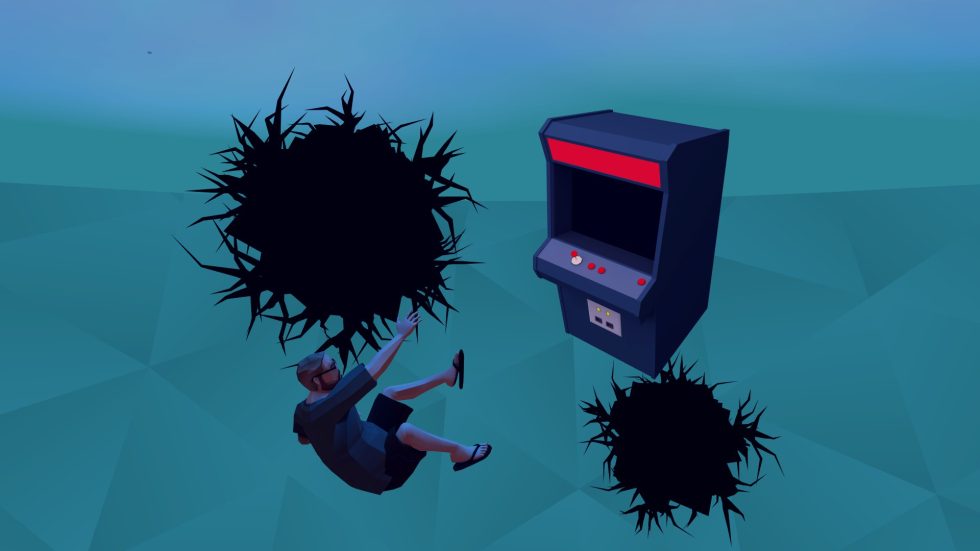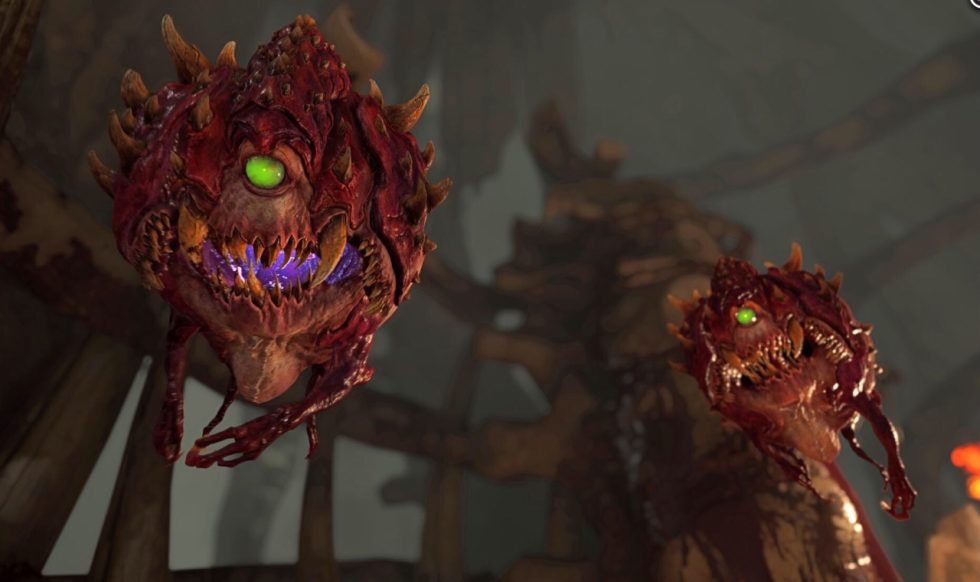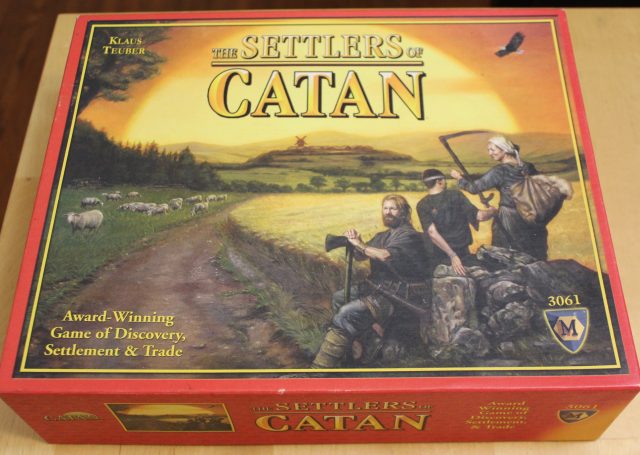Cloudhead Games puts its actors into its upcoming VR game via the HTC Vive
Forget latex suits and white ping-pong balls. Motion-capture sessions for video games and films have only gotten more intense over the years, thanks to advances like improved, LED-loaded motion-capture outfits and the ability to see robust TV-screen renders of an actor's performance as soon as a take is complete.
Of course, not every studio has a Peter Jackson-caliber budget for motion capture facilities, but the small development team behind upcoming VR game The Gallery: Call of the Starseed found an affordable path to capturing a human actor's performance—and then remembered they already had one cutting-edge gadget handy: the dev kit for the upcoming HTC Vive virtual reality system. The result, shown off in the studio's latest development diary on Tuesday, may very well be the world's first documented use of VR in a motion capture session.
"We wanted the actor to feel as if they were acting on a stage," Cloudhead Games staffer Mike Wilson wrote at the company's blog. As such, after making actor and motion-capture veteran Adrian Hough (Rise of the Planet of the Apes) put on a suit made by mo-cap company Noitom, the designers also asked him to wear a Vive headset. HTC's system enables room-scale tracking, so that users can walk around up to roughly 15 square feet of real space, which means Cloudhead was able to virtually transport Hough into the shoes of his in-game character, the Watcher.







